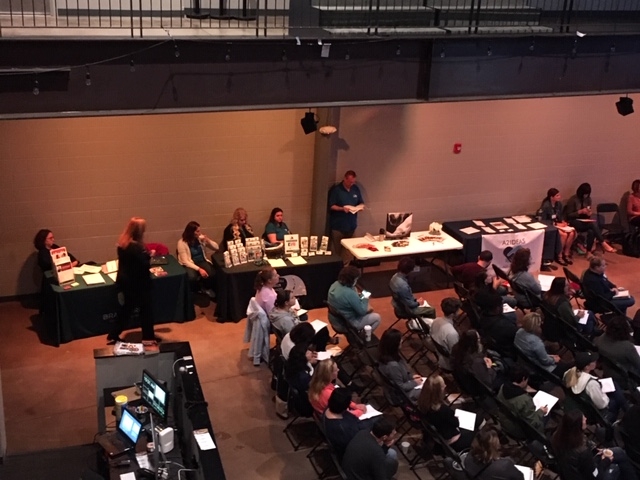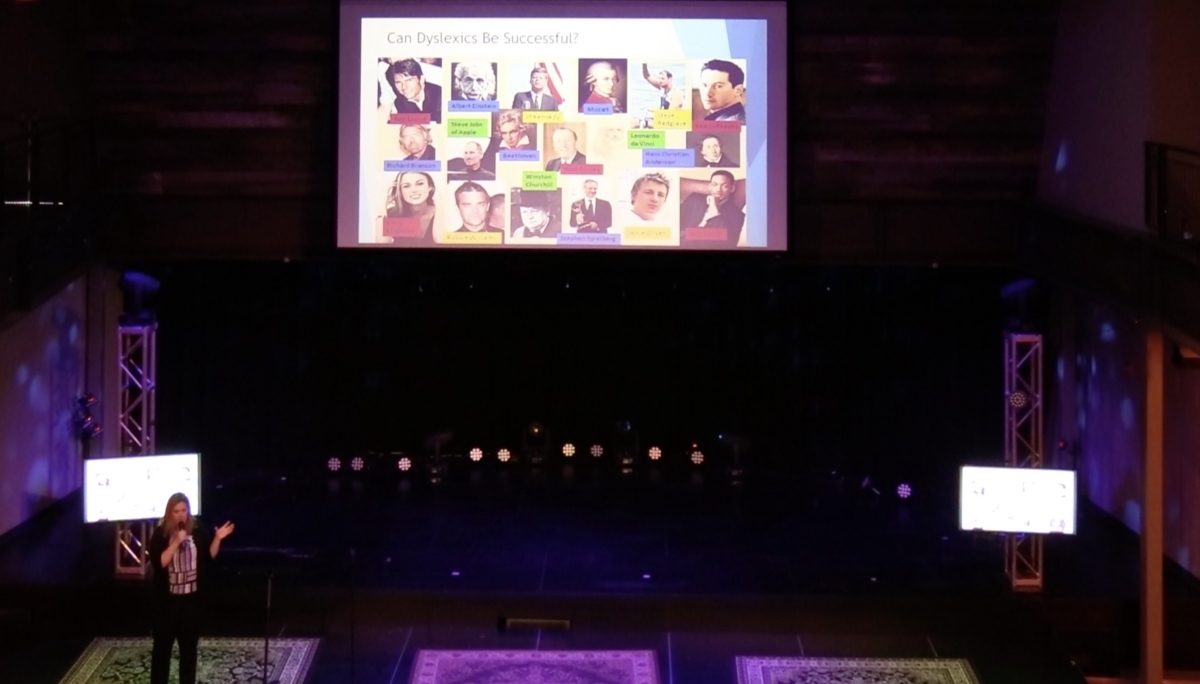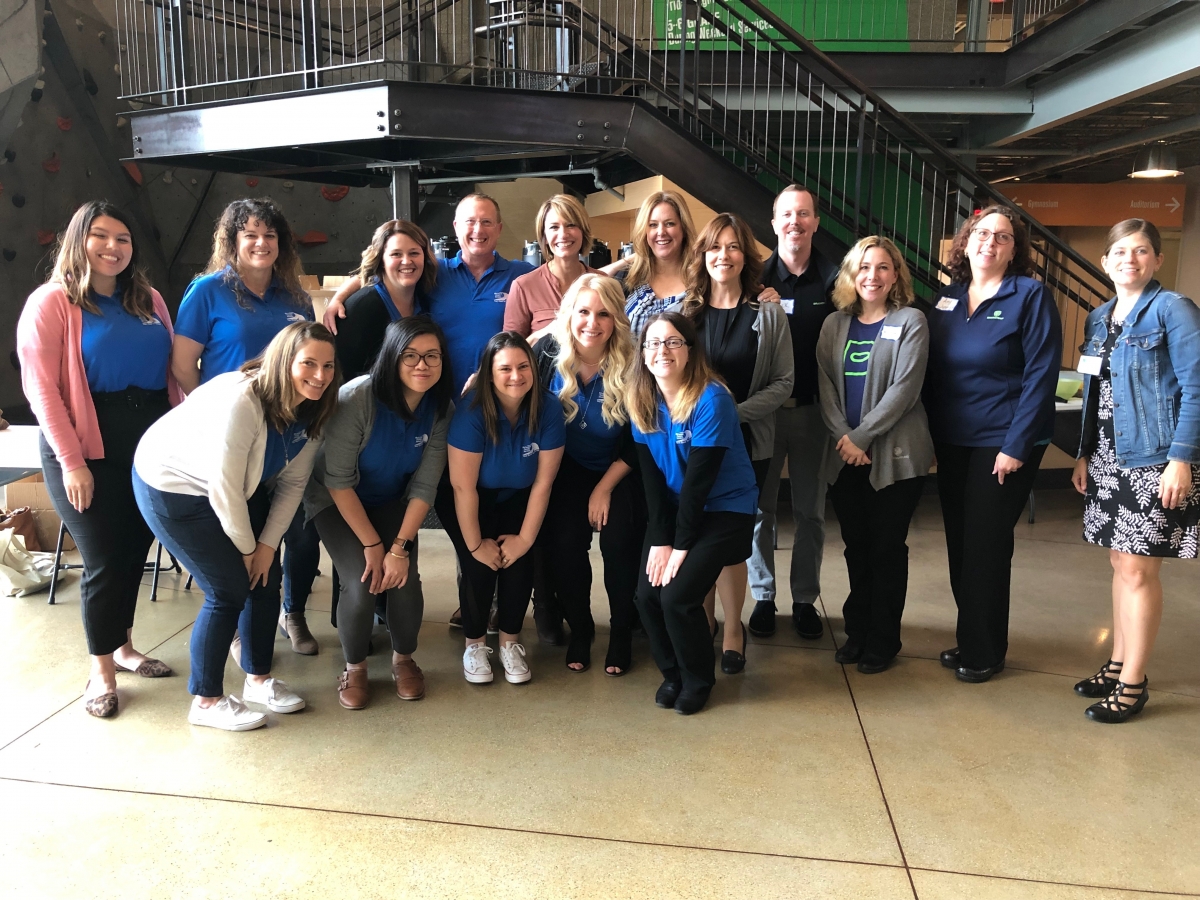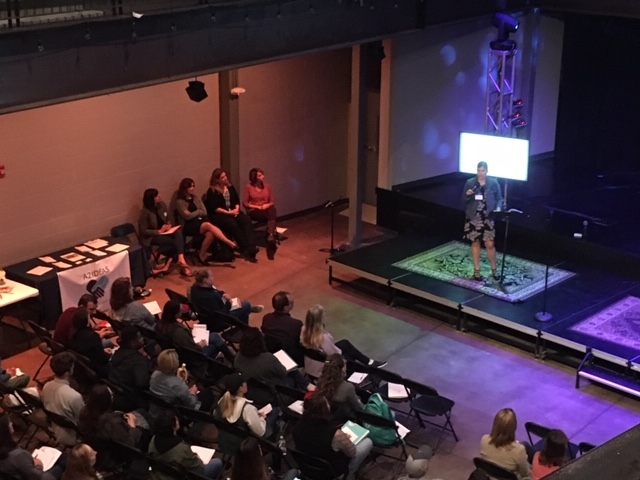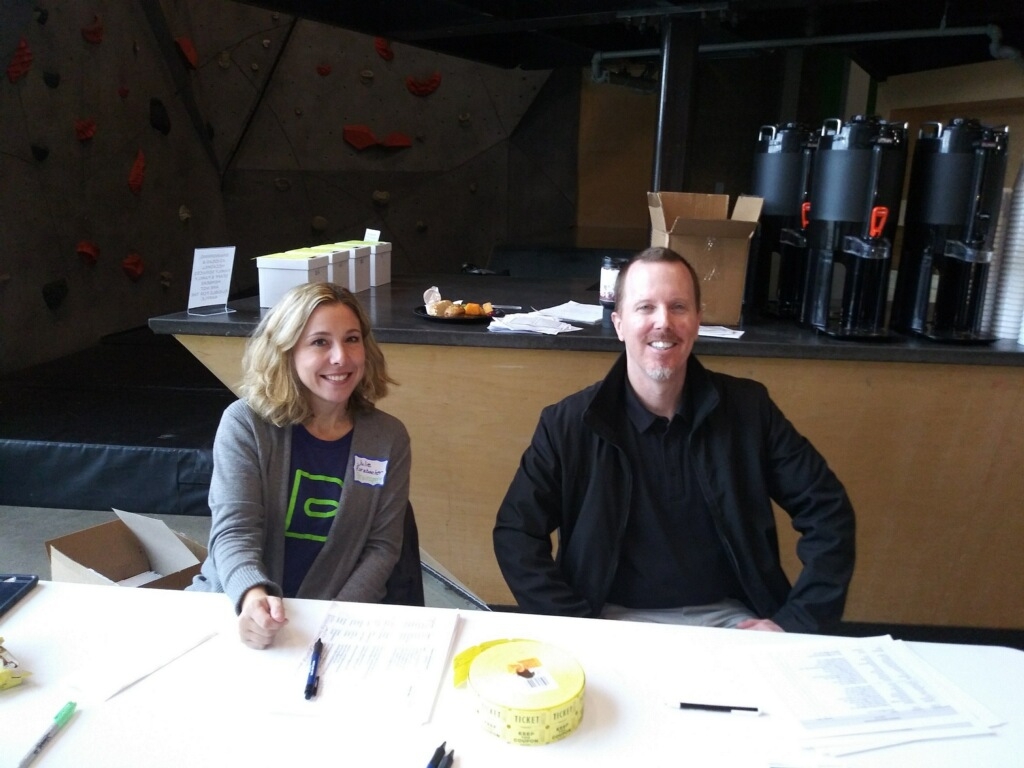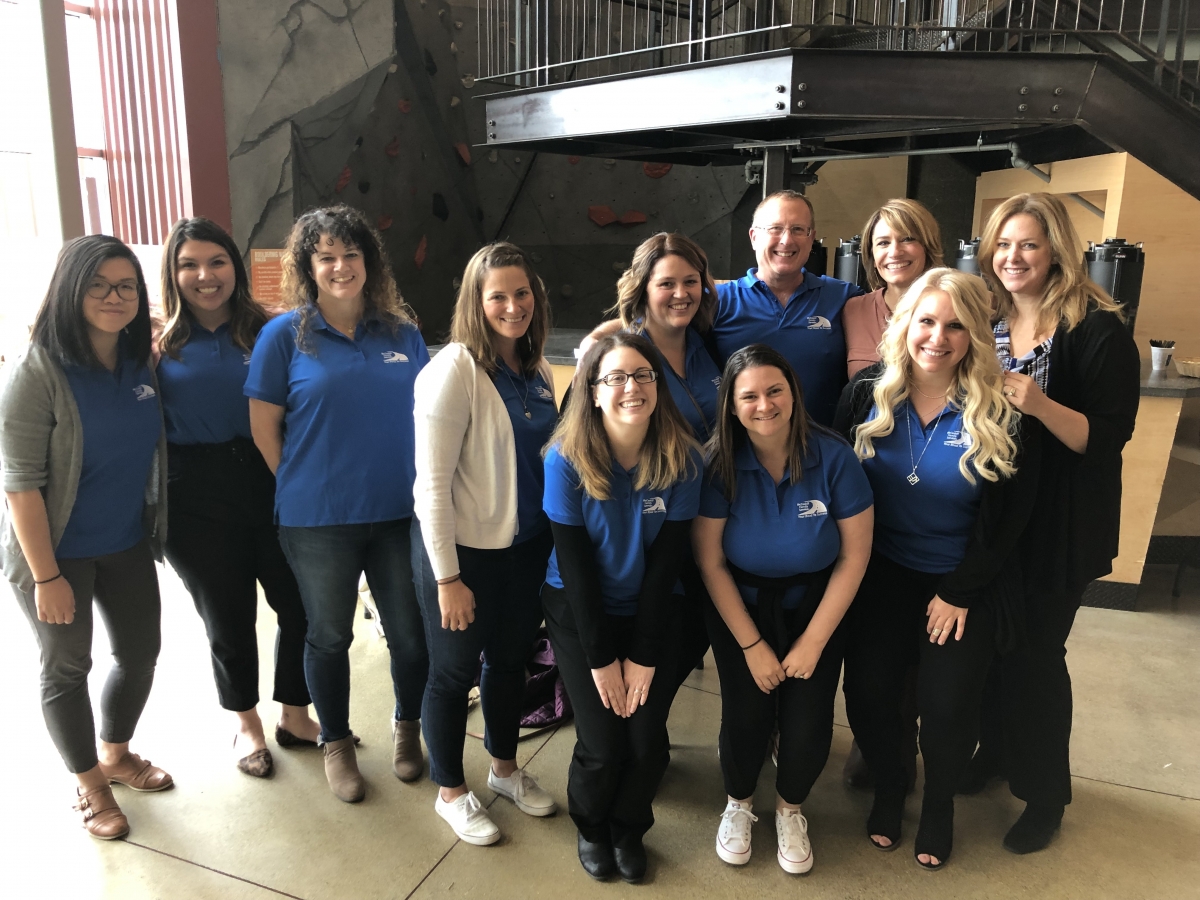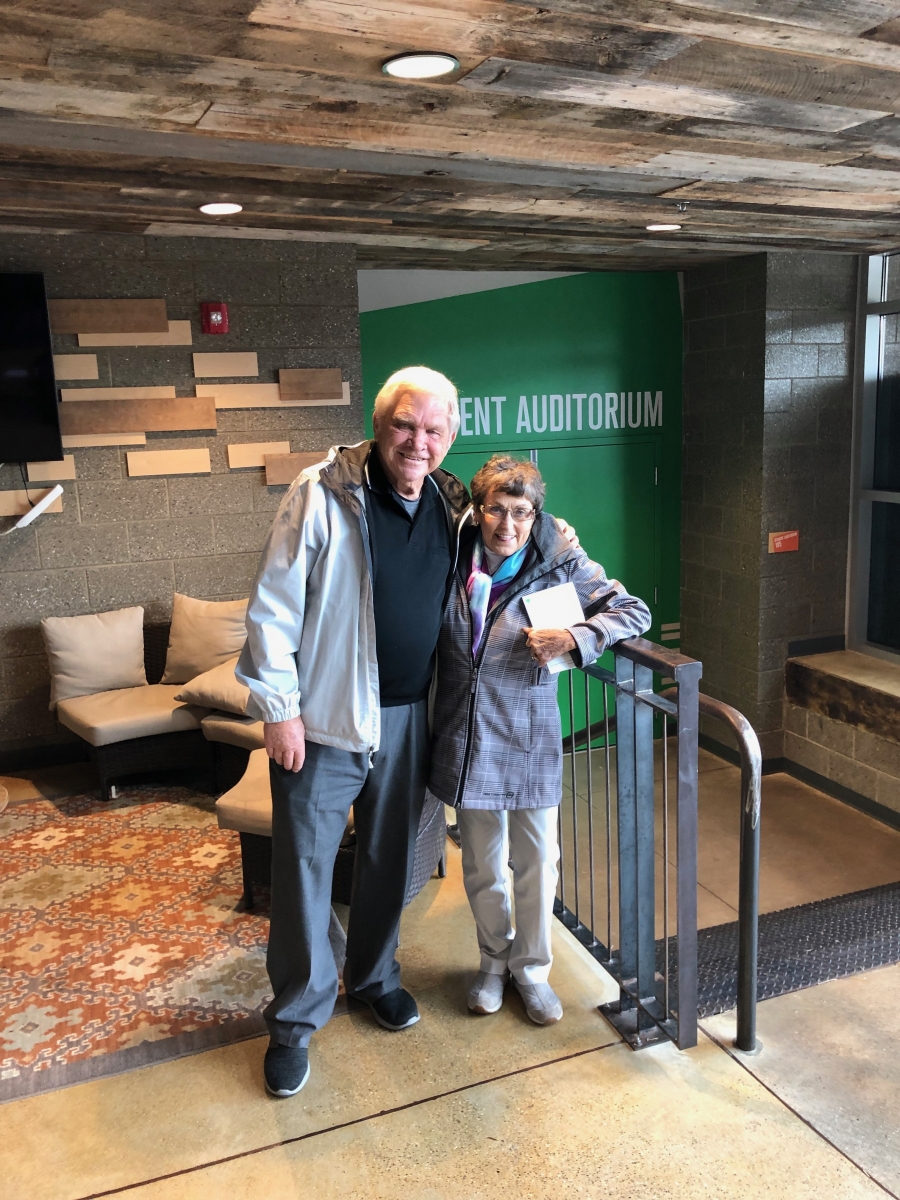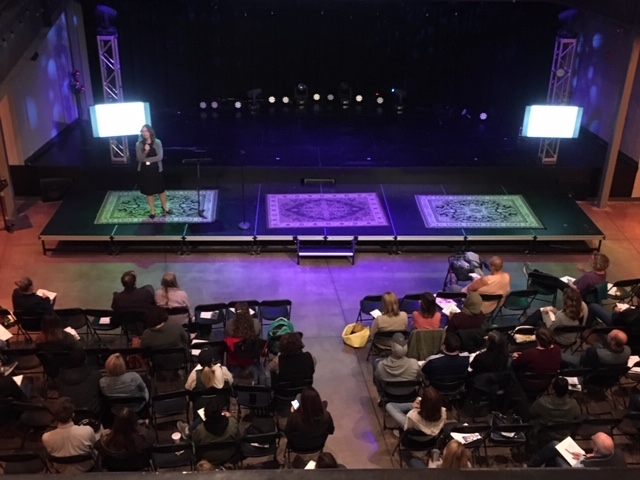Dyslexia Testing in Michigan: Evaluation, Symptoms and Treatments.
Dyslexia is one of the most common, yet also widely-misunderstood learning disabilities, but we have answers to all of your questions.
Given the nature of this disability, it doesn’t always present itself as the same from person-to-person. It also comes in many different forms, meaning that two people could experience two totally different kinds of dyslexic behavior. School-based evaluations often fail to identify dyslexia, but when they do, they commonly reduce it into a “one-size-fits-all” classification.
This means that a dyslexic person may not be receiving the correct, specific treatment that they need. At McCaskill Family Services, We have diagnosed and helped many children and adults achieve success in school and work and we can help you too!
Coordinate an online counseling session with our Michigan based team today.

Many people think that if you can read, you can’t be dyslexic!
We often hear, “My child doesn’t mix their B’s and D’s so they can’t have dyslexia." This could not be further from the truth! With other forms of dyslexia, other than mixing up letters, many children can have more than one type of dyslexia. Our comprehensive evaluations allow us to accurately determine if you or your child has dyslexia, as well as which kind so we can create a customized treatment plan.
- Phonological Dyslexia – This type makes it difficult to decode and ultimately to pronounce, read and/or spell words.
- Surface Dyslexia – This means that it’s difficult for someone with dyslexia to remember whole words just by seeing them. Words that make special sounds (such as “laugh”) may throw off a dyslexic reader.
- Rapid Naming Deficit – This occurs when a dyslexic individual has trouble quickly/accurately recognizing/recalling and naming letters, numbers, words and/or math facts. This is known to be an issue with processing.
If you or your child has been properly diagnosed with dyslexia, we can help you discover what to do next.
The approach to addressing dyslexia goes beyond mere intensive tutoring aimed at enhancing general reading skills. When you consult with our team of dyslexia specialists, we embark on a comprehensive journey with you and your child, focusing on equipping you both with effective strategies to manage challenges associated with reading, writing, and various learning and performance tasks. Our therapeutic approach encompasses a holistic framework that involves collaborative efforts between you, your child's school and teachers, as well as dedicated tutoring in the utilization of assistive technology and the implementation of multi-sensory techniques for reading improvement.
Through our collaborative partnership, we formulate tailored dyslexia-focused plans, striving to empower your child to excel academically, boost their motivation for learning, enhance their self-esteem, and ultimately enable them to realize their fullest potential. We offer a range of dyslexia testing and treatment options to ensure a comprehensive and individualized approach to addressing dyslexia, tailored to your child's unique needs and strengths. Our aim is to provide the most effective dyslexia treatments and interventions to support your child's journey toward success in their educational pursuits.
Take a look at some photos from our sold out Dyslexia Awareness Event on Oct. 5, 2019

